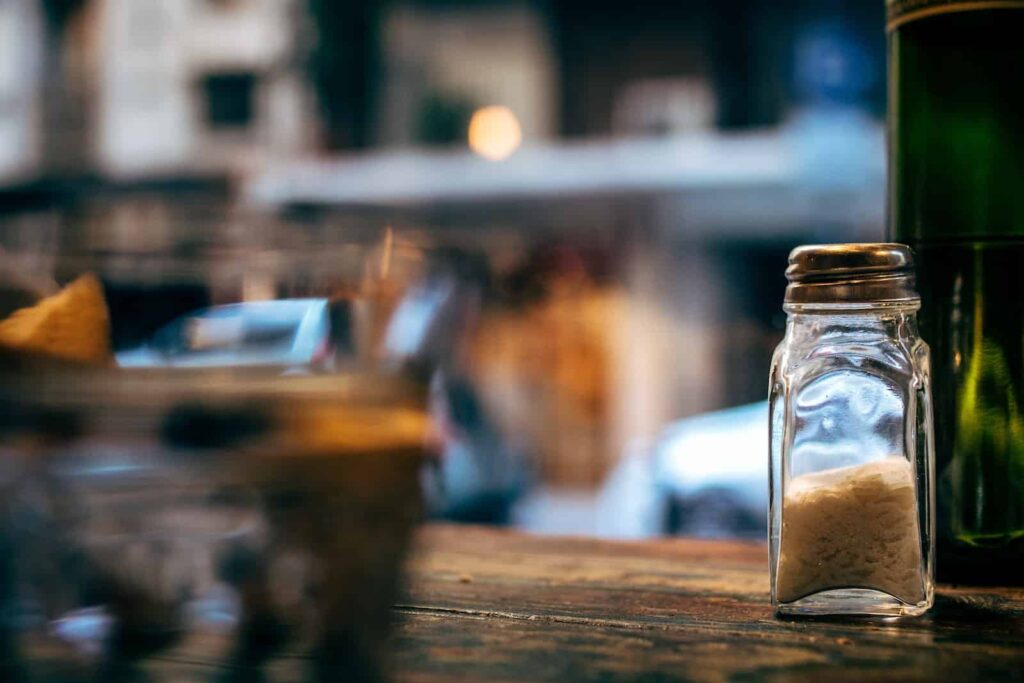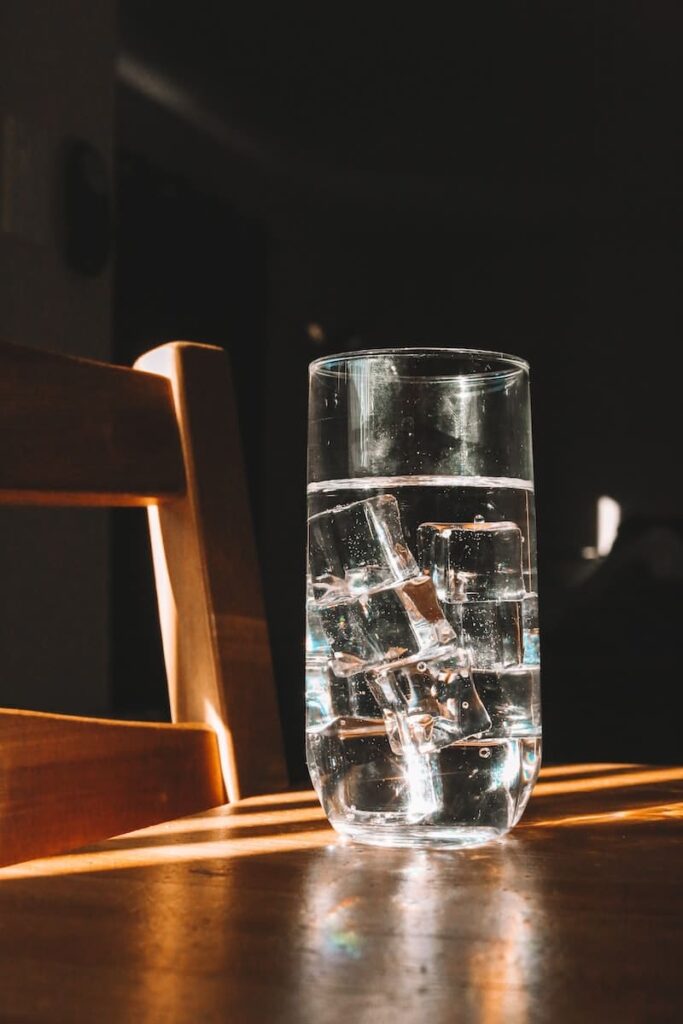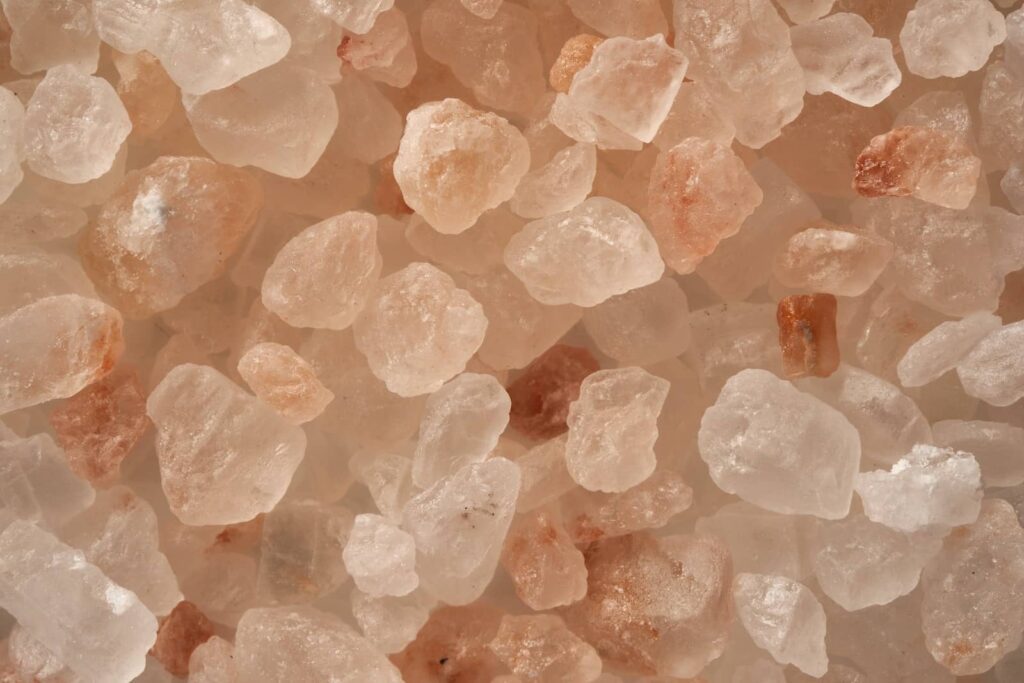When you eat foods high in salt, your body holds onto more water. This can lead to dehydration, so it’s important to drink plenty of fluids after eating salty foods. The water you need to drink depends on how much salt you’ve eaten. A good rule of thumb is to drink two cups of water for every gram of salt consumed.
Table Of Contents
−- The importance of staying hydrated
- The benefits of drinking water
- How to make sure you’re drinking enough water
- The dangers of not drinking enough water
- What are the signs of taking too much salt?
- The importance of water in the body
- The role of salt in the body
- The recommended amount of water to drink after eating salt
- The benefits of drinking water after eating salt
- The risks of not drinking enough water after eating salt
- How do you flush salt out of your body fast?
Just tell me! How much water do you have to drink to counteract salt? Adults require 8 to 12 cups of water daily to replace normal losses. This means you may need to drink more water to eliminate the extra sodium in your system.

To stay on target, fill 8 to 12 cups with water to drink throughout the day to ensure you consume the necessary amount of water to flush the sodium.
The importance of staying hydrated
The importance of staying hydrated cannot be overstated. The human body comprises approximately 60% water, and every system depends on water to function properly. Water plays a role in everything from flushing toxins out of vital organs to keeping skin looking healthy and young.
Dehydration can lead to many problems, including headaches, fatigue, dry skin, constipation, and kidney stones. In extreme cases, it can even lead to death.
The benefits of drinking water
Water is essential for life. Every cell, tissue, and organ in your body needs water to work properly. For example, water:
- Carries nutrients to your cells
- Flushes toxins out of your system
- Helps regulate your body temperature
- Lubricates and cushions joints
You can live without food for several weeks, but you will only survive a few days without water. Even mild dehydration can cause headaches, fatigue, and dizziness.
So how much water should you drink? It depends on many factors, including your health status, exercise routine, climate, etc.
How to make sure you’re drinking enough water

We all know that we should drink plenty of water daily, but sometimes it’s easy to forget. If you’re not used to drinking a lot of water, it can be hard to get into the habit. Here are a few tips to make sure you’re getting enough H2O:
- Set a daily goal for yourself and track your progress. Whether it’s eight glasses or two liters, knowing how much water you should be aiming for will help you stay on track. There are even apps that can help you keep track of your intake!
- Drink a glass of water first thing in the morning and before each meal or snack.
The dangers of not drinking enough water
When it comes to staying healthy, hydration is key. But what happens when you don’t drink enough water? Dehydration can lead to some serious health problems, including:
- Kidney stones.
- Urinary tract infections.
- Constipation.
- High blood pressure and other cardiovascular problems.
What are the signs of taking too much salt?
If you’re eating a lot of processed foods, you’re probably consuming too much salt. The average American consumes about 3,400 mg of sodium daily, more than the recommended 2,300 mg.
The American Heart Association and the 2020-2025 Dietary Guidelines for Americans recommend consuming no more than 2,300 milligrams of salt daily.
Symptoms of consuming too much salt can include high blood pressure, water retention, and bloating. Talk to your doctor if you have any of these symptoms or are concerned about your sodium intake.
The immediate symptoms of eating too much salt include:
- Increased thirst
- Swollen feet or hands
- Headache (in some cases)
- The rise in blood pressure
Eating too much salt comes with long-term health consequences, which include:
- Heart disease
- Stroke
- Kidney disease
- Kidney stones
The importance of water in the body
Water is one of the most important substances in the human body. It makes up about 60% of our body weight and is essential for all bodily functions. Every cell, tissue, and organ needs water to work properly.
Water aids digestion and absorption, helps regulate body temperature, lubricates joints and organs, gets rid of waste products and toxins from the body, and provides a medium for all chemical reactions to take place in the body.
We need to drink around 2 liters (8 glasses) of water daily to keep ourselves hydrated – more when it’s hot, or we’re exercising hard.
The role of salt in the body

Salt consists of approximately 40% sodium and 60% chloride. It is often used to enhance the flavor of foods or to preserve them.
Salt is an essential mineral for the body and plays many important roles. It helps to regulate fluid balance and maintain blood pressure and is needed for nerve and muscle function. Salt also provides the body with electrolytes, minerals that help carry electrical impulses throughout the body.
The human body needs a small amount of salt to function properly. Most people get enough salt from their diet.
Sodium is a mineral essential for optimal muscle and nerve function. Together with chloride, it also helps your body maintain the proper balance of water and minerals.
Although salt is essential, consuming too much of it can have negative consequences in the short and long term.
However, some people may need to add salt to their diet or take supplements if they have certain medical conditions that cause them to lose too much salt from their bodies.
The recommended amount of water to drink after eating salt
The recommended amount of water to drink after eating salt is eight ounces. This helps to flush the salt from your system and keep you hydrated.
Most of the salt we consume comes from food. Although there is no set standard for sodium in drinking water, state and federal agencies advise that levels should not exceed 20 milligrams per liter (mg/L) for people on very low sodium diets, and 270 mg/L for those on moderately restricted diets.

The benefits of drinking water after eating salt
When you eat foods high in salt, your body releases water to dilute the sodium. This can leave you feeling bloated and puffy. Drinking a glass of water after eating salty foods can help flush out the excess sodium and reduce bloating.
The risks of not drinking enough water after eating salt
When you eat foods high in salt, your body retains more water. This can lead to dehydration if you do not drink enough fluids. Dehydration can cause headaches, dizziness, and fatigue. It can also make it difficult to concentrate and may cause mood swings. If you are dehydrated, your blood pressure may drop, and you may be at risk for heat stroke or kidney stones.
How do you flush salt out of your body fast?
Too much salt in your body can cause high blood pressure, fluid retention, and other health problems. You need to flush it out of your system to get rid of excess salt.
- The best way to do this is to drink plenty of fluids and eat foods high in water content. This will help dilute the salt in your body and flush it out through your urine.
- You should also avoid processed foods, often high in sodium, and exercise regularly to sweat out any excess salt.
- Increase your potassium intake to get rid of salt intake. Potassium helps to regulate blood pressure and fluid balance in the body, so by increasing your intake of this nutrient, you can help to reduce your salt intake. Some foods high in potassium include bananas, sweet potatoes, tomatoes, and leafy green vegetables. So, ensure to include these foods in your diet if you want to reduce your salt intake.
- Cut back on salt. The obvious but hardest part is to cut back on salt intake by not adding salt or ordering food that contains less salt. This is your life, I’m not telling you what to do, but I am showing you all the options.
If you still have trouble getting rid of excess salt, talk to your doctor about other ways to flush it out of your system.

Jay
Jay is a health and wellness enthusiast with expertise in water quality and nutrition. As a knowledgeable advocate for holistic well-being, Jay successfully manages Type 2 Diabetes through informed lifestyle choices. Committed to sharing reliable and authoritative insights, Jay combines firsthand experience with a passion for enhancing health."
